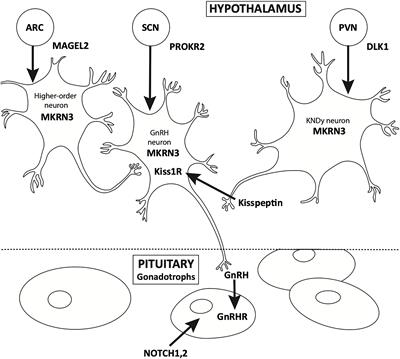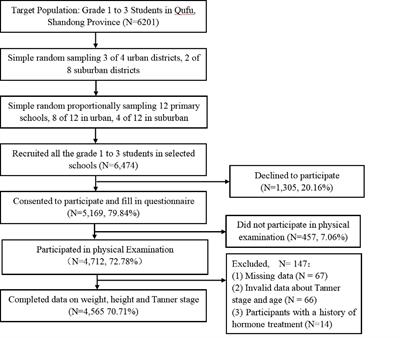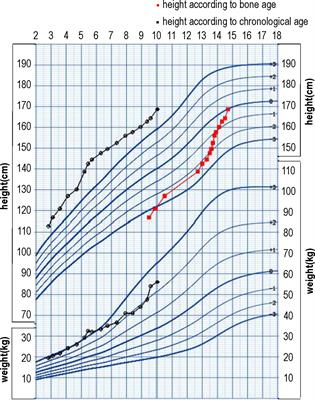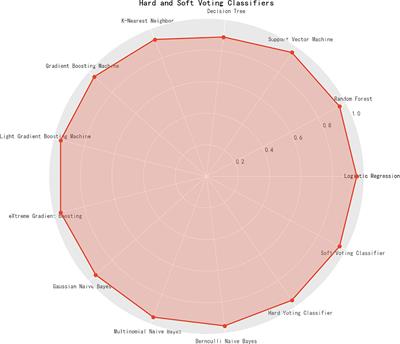ORIGINAL RESEARCH
Published on 14 Dec 2022
Gonadotropin-releasing hormone analogue and recombinant human growth hormone treatment for idiopathic central precocious puberty in girls

doi 10.3389/fendo.2022.1085385
- 2,576 views
- 3 citations
6,519
Total downloads
23k
Total views and downloads
Select the journal/section where you want your idea to be submitted:
ORIGINAL RESEARCH
Published on 14 Dec 2022

REVIEW
Published on 02 Dec 2022

SYSTEMATIC REVIEW
Published on 24 Nov 2022

ORIGINAL RESEARCH
Published on 25 Jul 2022

ORIGINAL RESEARCH
Published on 14 Jul 2022

ORIGINAL RESEARCH
Published on 30 Jun 2022


Frontiers in Pediatrics